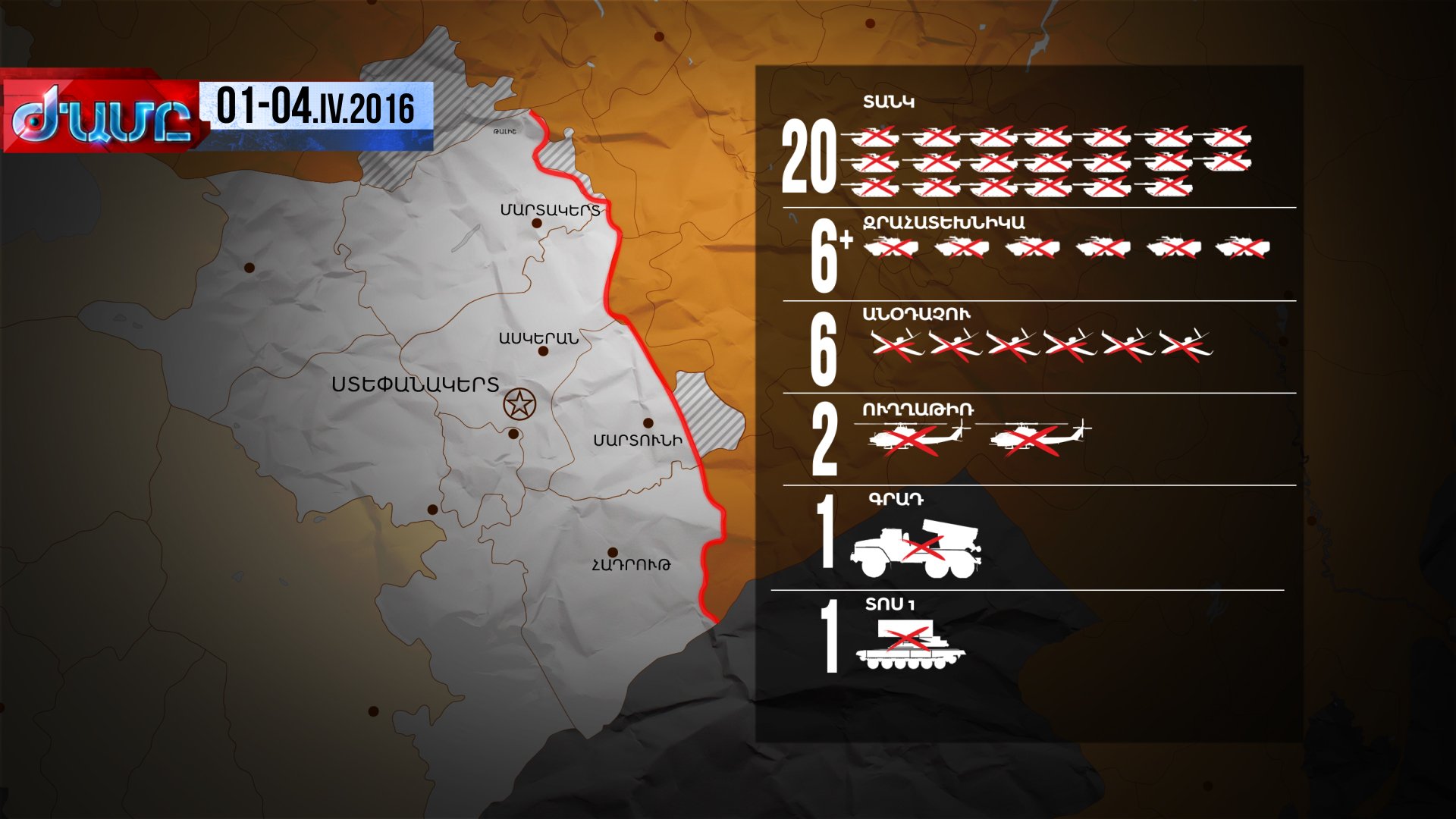Re: Military Recognition: Armenia and Artsakh
They need to step up with their social media and overall PR game. If I were Armenia I would park those 29 tanks or whichever ones still function, side by side and post pictures. I would take atleast 50 of those 300 bodies and take a picture with close ups of their uniforms.. we need to destroy their moral and a great way of doing that is to shut all these turks on social media up by showcasing it.
They need to step up with their social media and overall PR game. If I were Armenia I would park those 29 tanks or whichever ones still function, side by side and post pictures. I would take atleast 50 of those 300 bodies and take a picture with close ups of their uniforms.. we need to destroy their moral and a great way of doing that is to shut all these turks on social media up by showcasing it.










Comment